Contributed by Charles R. Venator-Santiago (Director, UConnPRSI)
The UConn Puerto Rican Studies Initiative for Civic Engagement and Public Policy is a research initiative housed in El Instituto. This initiative is funded by the Connecticut General Assembly and is tasked with providing research support to community-based organizations, community leaders, academics, and elected officials. Central to UConnPRSI mission is to use research resources to help social and political actors to re-think and propose new public policies that will address the inequalities impacting Puerto Ricans in the state of Connecticut.
This spring, our research on energy received significant attention. A copy of our report, Connecticut Electrical Markets Policy Reports outlines our key recommendations.
Back in November 2024, prior to the elections, we met with Representative Hilda Santiago (D-Meriden). She expressed the need to better understand why electricity rates are so high in Connecticut, which has the third-highest rates in the nation, following California and Hawai’i. Central to the concerns of Puerto Rican and Latino legislators is the belief that Puerto Rican and Latino residents in Connecticut are subsidizing wealthier residents. It is important to note that more than 64% of Puerto Ricans and Latinos in Connecticut are renters. As such, they do not benefit from the energy subsidies that homeowners receive in the state.
Our most recent recommendations focus on two dimensions of energy supply. While most proposed reforms focus on the tail end of debates (i.e. lowering costs and benefits of a final bill), we suggest shifting the focus to energy wholesale marketers. These marketers often purchase and sell energy at rates up to 150% above market prices to distributors such as Eversource and United Illuminating. Among our recommendations is the establishment of a non-profit, state-run wholesale marketer that can offer energy at more competitive prices. We also advocate for taxing excessive profits in the industry. Additionally, we propose amendments to the Renewable Portfolio Standards to eliminate accounting gimmicks that artificially inflate the costs of imported renewable energy. Our call is for increased transparency and accountability in the supply of green or renewable energy.
Ironically, while we are not proposing any measures that would oppose Connecticut’s green or renewable energy initiatives, we are facing significant pushback from environmentalist political actors. Furthermore, although our recommendations could greatly stabilize Connecticut’s wholesale energy markets, we often encounter resistance from progressive voices who claim to represent Puerto Rican, Latino, and working-class communities in Connecticut. More importantly, this project showcases the exceptional talent of students at the University of Connecticut. This research was conducted by Ph.D. student, Volodymyr Gupan, working with UConnPRSI.

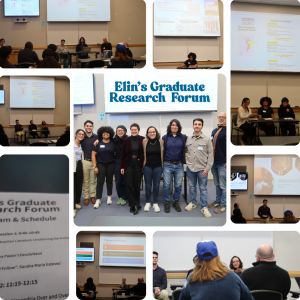
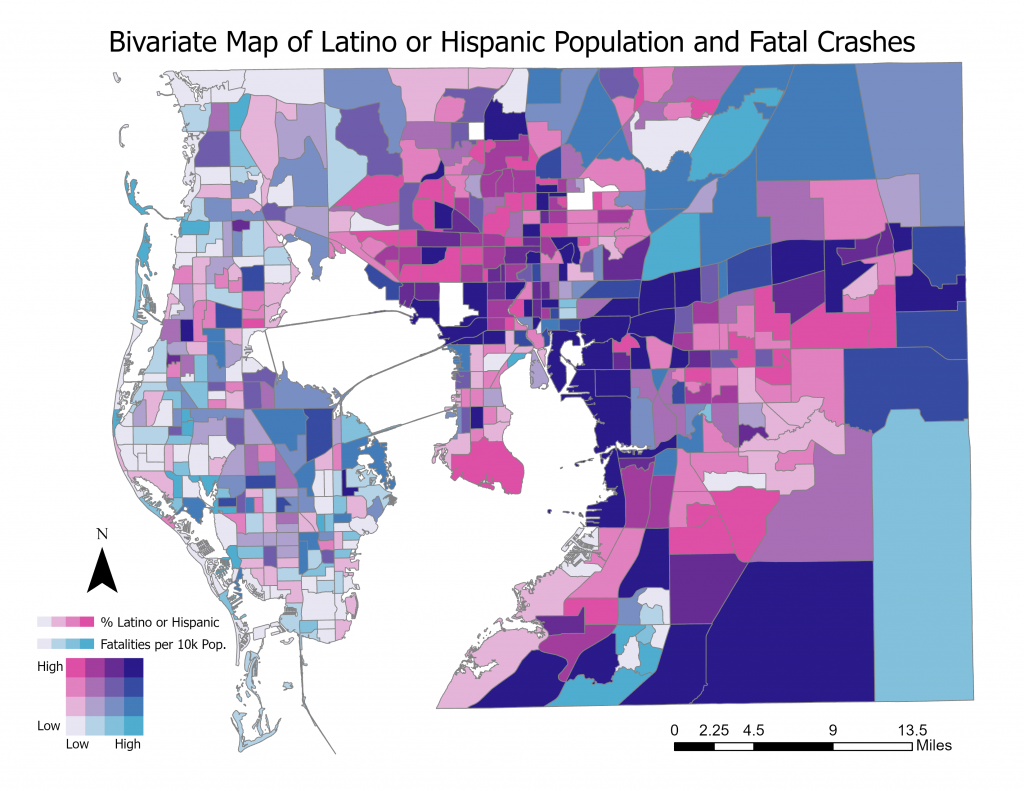
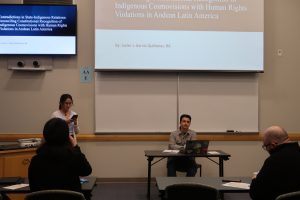
 connect to state officials in Peru and through my collaborations with NGOs am proposing education and training for social workers in child welfare settings.
connect to state officials in Peru and through my collaborations with NGOs am proposing education and training for social workers in child welfare settings. citizenship under the terms of the doctrine of Coverture (1898-1934), that is, by marrying a U.S. citizen. In 1906, Congress enacted an immigration act that enabled Filipinos and Puerto Ricans to naturalize and acquire U.S. citizenship. In 1914, Congress passed legislation allowing persons born in the insular areas or territories to treat their time serving in the U.S. Coast Guard as a form of residency in a state for naturalization purposes. Again, in the case of Puerto Rico, in 1917, Congress enacted legislation that collectively naturalized Puerto Rican citizens and the residents of the islands more generally (1917-1940). Yet, because Puerto Rico and the other unincorporated territories were governed as foreign possessions for domestic or constitutional purposes, birth in an unincorporated territory was tantamount to birth outside the United States. Thus, persons born in unincorporated territories could only acquire a “naturalized” citizenship.
citizenship under the terms of the doctrine of Coverture (1898-1934), that is, by marrying a U.S. citizen. In 1906, Congress enacted an immigration act that enabled Filipinos and Puerto Ricans to naturalize and acquire U.S. citizenship. In 1914, Congress passed legislation allowing persons born in the insular areas or territories to treat their time serving in the U.S. Coast Guard as a form of residency in a state for naturalization purposes. Again, in the case of Puerto Rico, in 1917, Congress enacted legislation that collectively naturalized Puerto Rican citizens and the residents of the islands more generally (1917-1940). Yet, because Puerto Rico and the other unincorporated territories were governed as foreign possessions for domestic or constitutional purposes, birth in an unincorporated territory was tantamount to birth outside the United States. Thus, persons born in unincorporated territories could only acquire a “naturalized” citizenship.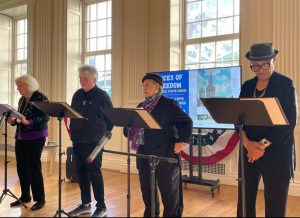
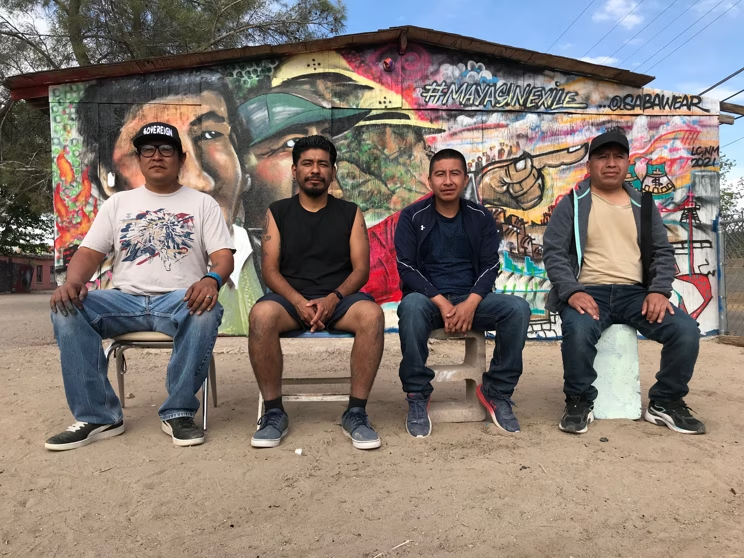
 With the support of travel funding of El Instituto, I attended and presented at the
With the support of travel funding of El Instituto, I attended and presented at the